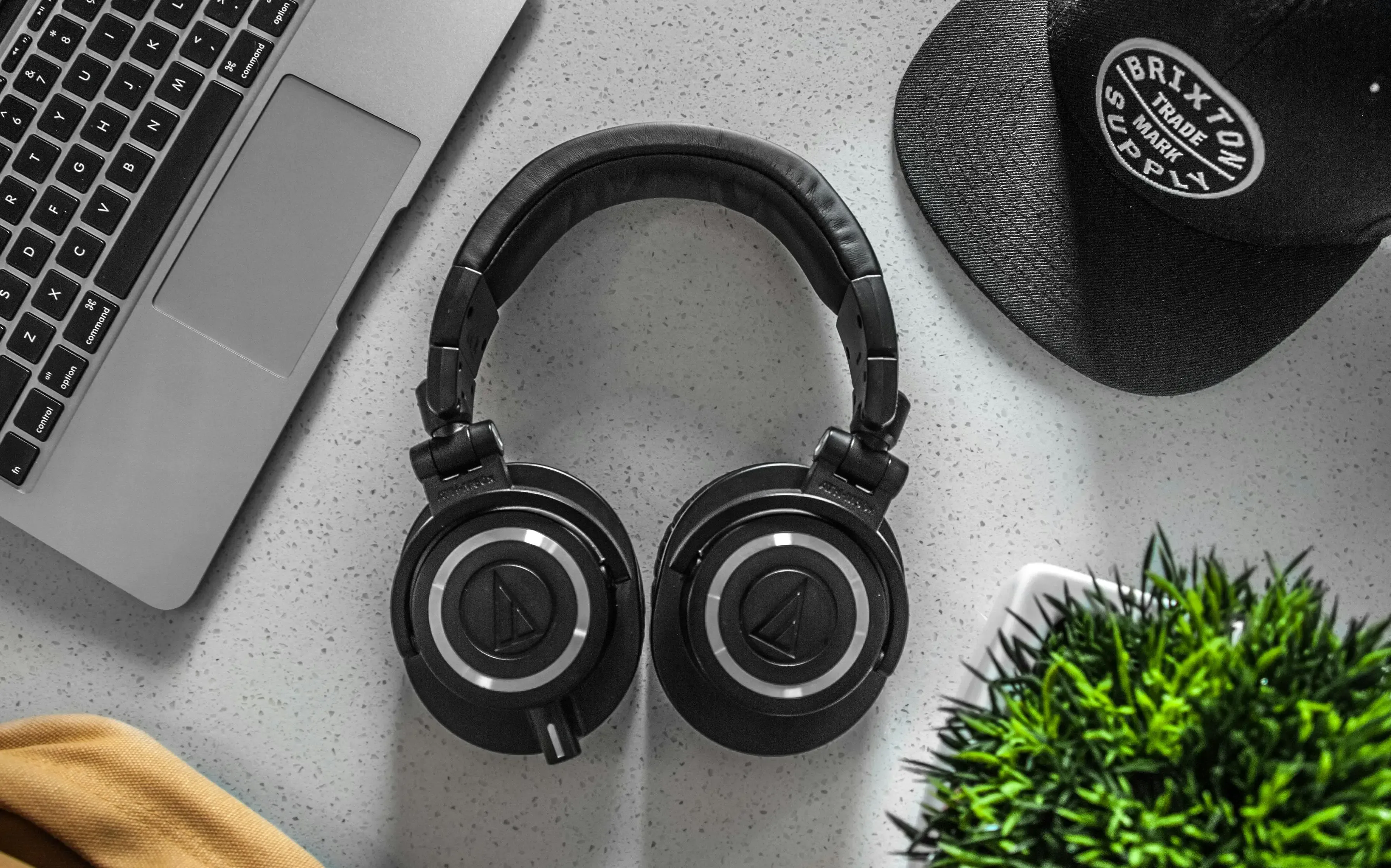Noise-Canceling Headphones Buying Guide
When you're looking for noise-canceling headphones, think about these key features to find the perfect pair for your lifestyle:
Active Noise Cancellation (ANC) Performance
This is the core of what you're buying. Great ANC excels at quieting both those persistent low rumbles (like airplane engines or bus noise) and the more varied mid-to-high frequency sounds (think chatter or keyboard clicks). Some advanced headphones offer adaptive ANC, which intelligently adjusts to your surroundings, providing the best noise reduction without you lifting a finger.
Don't overlook Transparency Mode (sometimes called Ambient Aware or Hear-Through); it's vital for letting you hear important sounds like announcements or conversations without taking your headphones off.
Comfort
You'll likely wear these headphones for hours on end, so comfort is non-negotiable. Look for a lightweight design that won't weigh you down. Plush, breathable earcups are a must to keep your ears cool and comfortable. An adjustable headband that distributes pressure evenly and avoids excessive clamping force will prevent discomfort over time. Features like swiveling or tilting earcups can also significantly improve the overall fit to your head shape.
Battery Life and Charging
Since ANC requires power, solid battery performance is key. Aim for headphones that offer 20–30+ hours of battery life with ANC on. This ensures they'll last through long flights or extended work sessions.
Fast-charging capabilities are also a huge plus, giving you several hours of playback from just a quick charge, perfect for those times you forget to power up overnight.
Controls
Decide what works best for you. Do you prefer the reliable, tactile feedback of physical buttons for playback, volume, and ANC modes? Or do you lean towards sleeker, often more subtle touch controls on the earcup, which can sometimes be a bit finicky until you get used to them?
Connectivity
Consider how you'll connect your headphones. Do you need the freedom of wireless (Bluetooth), or do you prefer the consistent connection and potentially higher audio quality of wired? If you frequently switch between devices (like your phone and laptop), multipoint connectivity is a game-changer, allowing simultaneous connection to two devices.
Portability
If you plan to travel often, think about how easily your headphones can be stowed away. Look for designs that fold flat or fold inward into a more compact shape, making them simple to slip into a bag or carry-on without taking up too much space.

Why You Should Trust Us
We know you need reliable advice, and our guides are built on trust and verifiable information. We gather insights from official manufacturer specifications, industry standards, and publicly available data from reputable sources, always avoiding subjective opinions or unverified personal anecdotes.
Our extensive experience helps us pinpoint the most accurate and practical information, drawing from years of analyzing product specs and market trends.
Our focus is squarely on core features, explaining what each means and how it genuinely impacts your experience. This long-standing engagement helps us highlight what truly differentiates products.
Crucially, our perspective is completely objective. We have no financial ties to any brands. Our sole aim is to empower you with unbiased knowledge, ensuring our advice is always in your best interest.
Final Thoughts
As with any audio gear, selecting the best noise-canceling headphones depends on your priorities. Among dozens of models, these top picks are the result of performance-backed insights.
For frequent flyers or remote workers, the Sony WH-1000XM6 delivers exceptional ANC and comfort. On a budget? The Soundcore Q20i gets the job done without cutting too many corners. Want something more refined? The Focal Bathys brings stunning audio clarity.
There’s no one-size-fits-all answer here. Think about how you’ll use your headphones and choose the pair that best fits your routine and listening style. You can also check out some ANC wireless earbuds for alternatives.
FAQs
1. Is noise-canceling safe for ears?
Yes, noise-canceling headphones are generally safe. They work by canceling external noise, not by harmful sounds. In fact, they can protect your hearing by letting you listen at lower volumes in noisy environments, reducing potential ear damage.
2. Is it okay to sleep with noise-canceling headphones?
Yes, it's generally fine to sleep with them if comfortable. Many find them helpful for blocking sleep disruptions like snoring. Just ensure they aren't too tight, and be aware if you need to hear alarms.
3. Does ANC drain the battery?
Yes, Active Noise Cancellation (ANC) consumes more battery. The technology requires power for its microphones and processing. You'll typically see significantly less battery life when ANC is active compared to when it's off.
4. What are the side effects of noise-canceling headphones?
Some users might feel a temporary "pressure" sensation in their ears or hear a faint hissing in quiet settings. Headaches or dizziness are rare. These effects are usually mild and temporary, not harmful to hearing. Responsible use involves moderate volumes and taking regular breaks to minimize any discomfort.
5. Is ANC better in-ear or over-ear?
Over-ear headphones generally offer superior ANC. Their larger design provides better passive noise isolation, which combines with active cancellation to block more frequencies. While modern earbuds are good, over-ear models typically have a physical advantage for maximum noise reduction.















